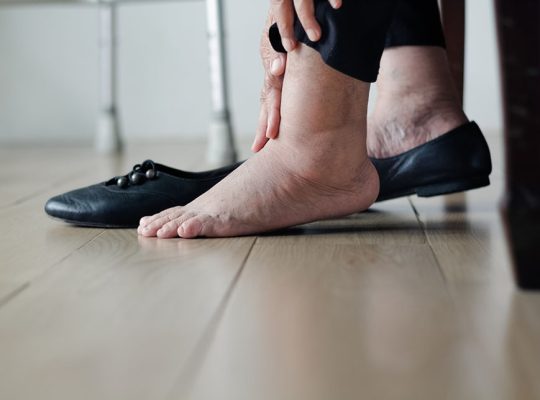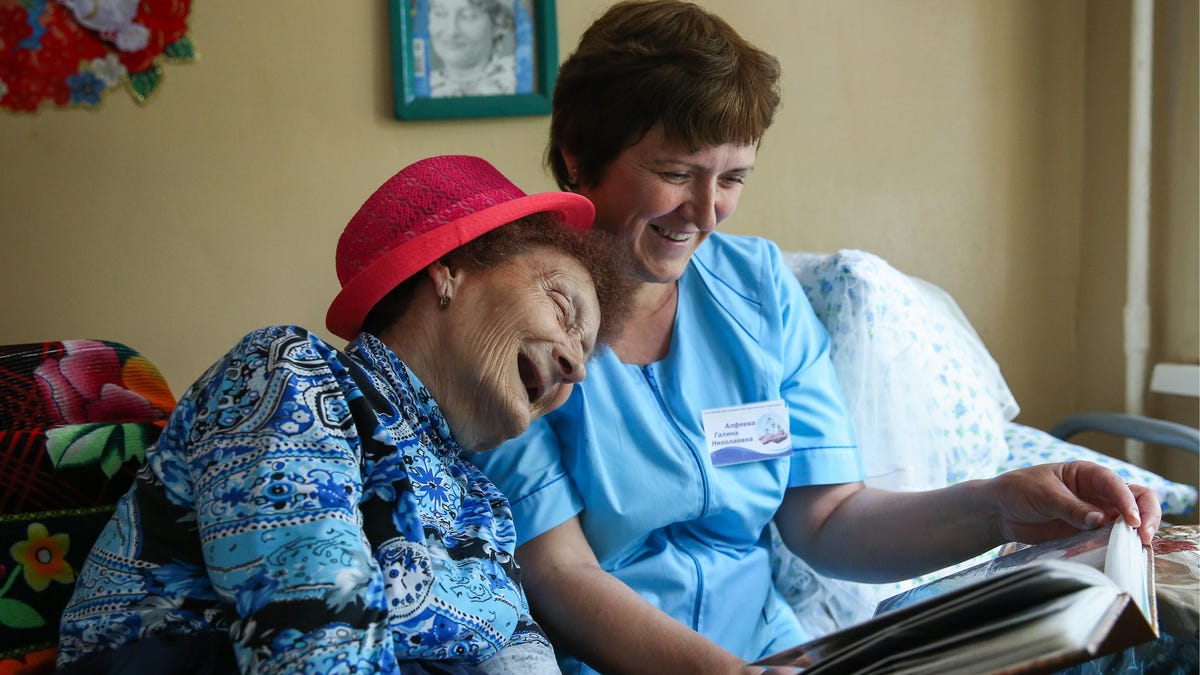Sepsis is a very serious disease in any patient, but it can be even more serious in an elderly person. Patients in this age group are three times more likely to have cognitive sequel, that is, to have diminished mental abilities, making it very difficult to return to the same quality of life as before. In addition, the risk of dying from severe sepsis increases with age. It is therefore important to be able to detect it as early as possible so that treatment can be effective. That’s why we’ve decide to talk about this disease in today’s article. Read on to learn more!
Treatment of Sepsis
Sepsis must be suspected and recognized as soon as possible. It must be treated promptly, because every hour that it remains untreated increases the risk of death.
Treatment of sepsis consists of intravenous fluids and antibiotics, for which the patient must remain hospitalized. Other medications, such as those that increase blood pressure, may be necessary. Oxygen administration may also be necessary, so the patient is usually managed in intensive care.
Broad-spectrum antibiotics are usually used until the bacteria causing the infection is determined. Once laboratory tests have identified it, more specific antibiotics are given.
If the source of the infection is localized, such as an abscess or wound, that site will be treated with dressings or may require surgery to remove the infected tissue. If the infection is viral, antiviral medications
If the infection is viral, antiviral drugs are given, but it is usually necessary to wait for the immune system to respond. Successful treatment of sepsis depends on several factors:
- When was it detected and when did treatment begin? In general, early diagnosis and treatment improve the patient’s chances of recovery.
- Whether the causative infection is known and can be effectively treated with medication. Some infections are resistant to antibiotics.
- The patient’s general condition. The patient’s general health and strength before sepsis is also important.
What Can We Expect from Recovery from Sepsis?
Although sepsis progresses very quickly, recovery is very slow: it may take weeks for the patient to recover.
When the patient’s health permits, he or she will be transferred out of the intensive care unit, especially to regain strength and continue treatment of the sepsis. When he or she is able to, the doctor will release him or her to go home, but often they need a care or rehabilitation center.
Researchers have found that sepsis doesn’t just affect the patient. The stress of a family member’s illness can also affect the spouse or partner, especially if they are the primary caregiver. For example, this study found that the wives of survivors of severe sepsis were at increased risk of developing depression. Depression can be very serious, affecting quality of life and even the ability to maintain independence.
As a family member, you can help the patient recover better and faster:
- Let him or her rest while in the hospital, as the constant movement of a hospital and also the treatment of sepsis itself can greatly impair patients’ sleep. Keep the TV and cell phone on low volume, limit visitors, and talk to staff in a quiet environment.
- Contact hospital staff: If you have questions, or see something unusual or worrisome, contact the nearest nurse or doctor. They are there to help your family member get back on his or her feet as quickly as possible.
- When you leave the hospital and go home, a little exercise will help you get your strength back. Getting up and walking is just as necessary as getting a good night’s rest.
Most Common Sequel of Sepsis
- Physical limitations: Often, after treatment of sepsis in the hospital, patients develop one or more limitations they already had, such as the inability to manage money, go to the bathroom or hygiene, or eat alone, etc.
- Swallowing disorders are common and may be due to weakness or neurological impairment, especially for those who have been in intensive care for a longer period of time.
- Cognitive impairment: due to several mechanisms, such as cerebral ischemia, metabolic disorders, and neuroinflammation, patients may experience neurological damage. The most common are impairments in memory, attention, verbal fluency and resolution of everyday situations.
- Mental health deterioration: depression and anxiety are the most common.
- Recurrent infection: Nearly half of patients who survive severe sepsis are readmitted within 90 days for another infection because of a weakened immune system.
- Exacerbation of chronic diseases: diabetes, COPD, heart problems, kidney problems, etc.
These sequel have a significant impact on the quality of life of the patient and their family. It is very likely that after treatment of sepsis, your family member will need more care than before, so seriously consider hiring a nurse or home care, even for a few hours a day.






